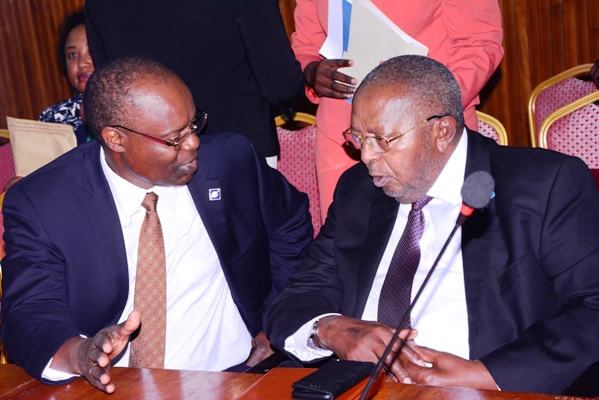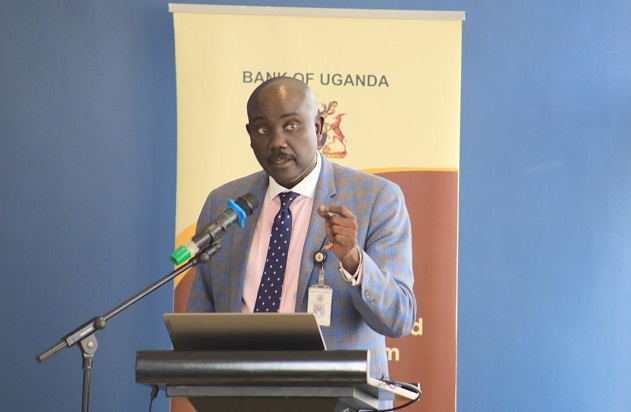The Auditor General has rejected documents presented by Bank of Uganda as inventory report on the defunct Teffe Bank.
This was revealed Friday morning during a meeting held between BoU officials and the MPs on the Committee of Commissions, Statutory Authorities and State Enterprises (COSASE). The Committee is currently probing BoU over the controversial closure of seven defunct banks as raised in the special Auditor General’s report.
The documents were availed after demands by legislators that BoU avails the report to facilitate investigations into the irregular closure of Banks over the years. The Bank of Uganda had initially indicated that an inventory report for Teefe Trust Bank never existed.
In his report, Auditor General, John Muwanga noted that the documents that had been presented by BoU as inventory report of Teffe Bank were actually Examination reports because they didn’t meet the criteria of inventory reports.
The inventory required according to the Auditor General should contain assets and liabilities of Teffe Trust Bank at the time of its liquidation in 1993, but the documents presented were only pre-liquidation assessments.
Inventory can be defined as a complete list of items such as property that a business holds for the ultimate goal of resale.
When Abdu Katuntu, the COSASE Chairperson asked Bank of Uganda if the Central Bank carried out any valuation of the assets of Teffe Bank at the time of the takeover, Tumubweine Twinemanzi, the Executive Director in charge of Banking Supervision at BoU said that the Bank isn’t aware if there was evaluation at that time.
With MPs questioning how the Bank couldn’t establish if the evaluation was done, Bernard Ssekabira, who then a banking officer at BoU was asked for more time to cross check in the Bank archive.
“These things happened 25 years ago, many of these people weren’t in charge of the Bank. I request we are given an opportunity to go back and craft this process. It would be better to sit in office, gather information from the archives,” he said.
At this juncture, Katuntu asked the Central Bank to come along with all the officers holding office at the time the bank was closed.
“The law requires any public office holder to account even when they aren’t in office. Can we have the people or responsible officers who were in those offices to help us answer this query?” Katuntu said.





